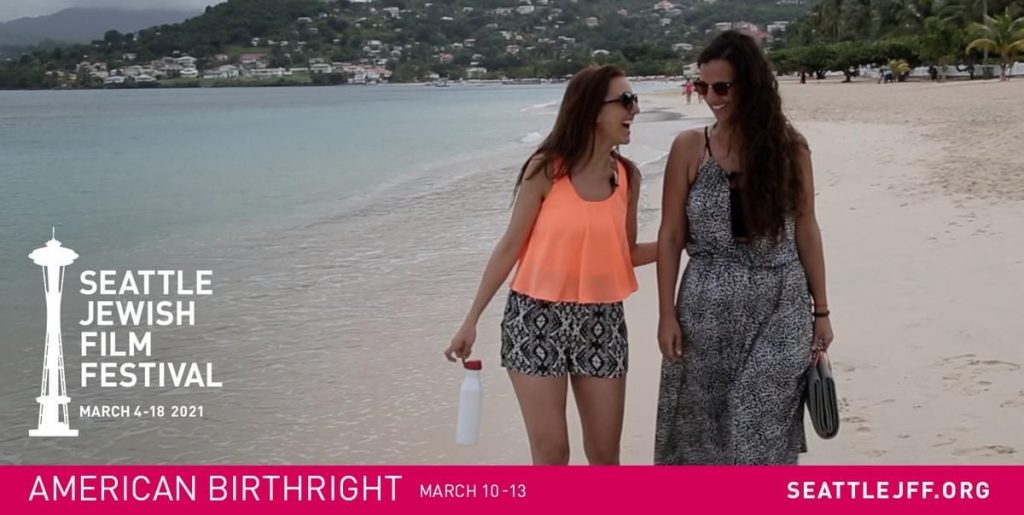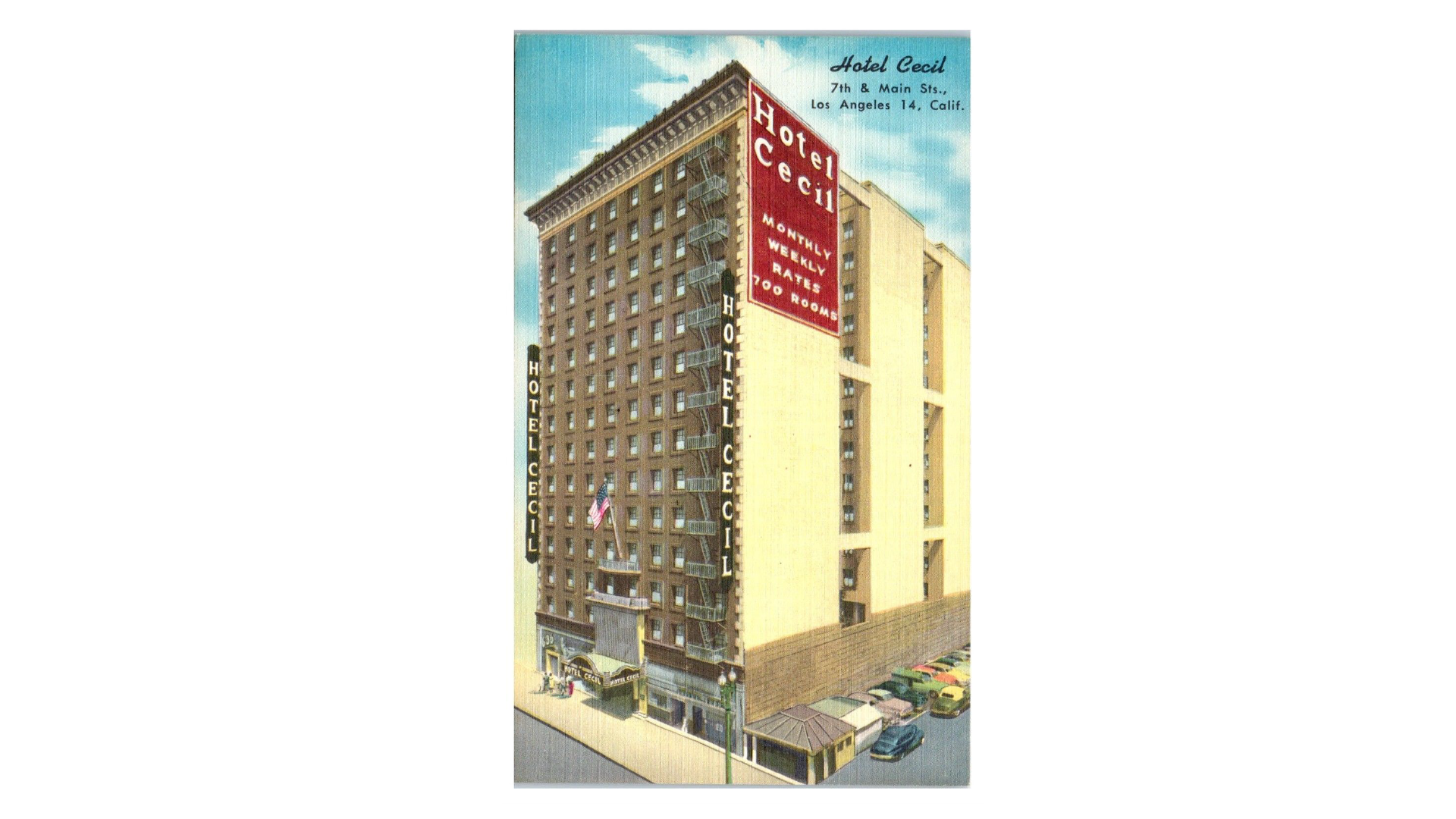26th annual Seattle Jewish Film Festival
This year’s lineup featured a diverse amount of films portraying many facets of the Jewish experience.
Marking the 26th annual celebration of Jewish Film, the Seattle Jewish Film Festival (SJFF), put on by the Stroum Jewish Community Center, is taking place over a two week period spanning from March 4-18.
While they are unable to present films in theatres due to COVID-19, they are selling virtual 72-hour viewing window tickets on the SJFF’s website. They offer a variety of passes, such as a full access pass for the general price of $180, allowing viewers to stream all 19 of their full-feature films selected for this year.
They also provide a six-movie “6-pack” deal for $80 and a single movie viewing ticket for $15. There are also applicable discounts presented on their website. As some of the films have a viewer cap, ticket sales end two hours before the viewing window closes or if a film is sold out.
The opening night featured a pre-recorded discussion between director Barry Avrich and actor, comedian and producer, Howie Mandell. Opening night also featured a documentary piece directed by Avrich titled “Howie Mandell: Enough About Me.” The documentary navigates Mandell’s life and career, touching upon his struggles with Obsessive Compulsive Disorder (OCD), his early years and his breakout role. “Howie Mandell: Enough About Me” pieces this story together using a variety of mediums such as archival footage, on-stage recordings and interviews.
A variety of other Zoom conversations were held throughout the two weeks from different talents and academic crowds. On March 9, viewers heard from director Michelle Paymar and historian Brendan G. Goldman on the film “From Cairo to the Cloud.” The film followed the telling of the 1896 finding of centuries-old documents shaping Jewish history in Cairo, and how through modern technology, the documents were digitized and distributed to the masses.
Writer Barbara Lahav, realty founder Joe Schocken, and director Noemi Schory, spoke upon the topics embedded in the film “Shcocken.” This film is centered around Schocken’s uncle, a department store tycoon before World War II. These are just some of the few zoom discussions they offered besides their film screenings.
I had the opportunity to watch one of the SJFF’s films “American Birthright.” The documentary follows millennial Jewish-Israeli refugee Becky Tahel who, despite her open view on life, struggles with the judgement of her young sister being the first in her family to intermarry.
In the film’s opening scene, Tahel attends a Hollywood spoken word night. She speaks, “[I] Somehow found myself standing before this complex debate, on one side stands the inclusiveness of love conquers all and marry whoever you want and somewhere across the spectrum of anything but black and white controversy about intermarriage is the deep seeded fear of the disappearance of the Jewish people which scares the [profanity] out of me.”
Currently there are 14 million declared Jewish people in the world (.2%), compared to 2.3 billion Christians (31%), 1.8 billion Muslims (24%) and 1.2 billion Hindus (15%) — according to Worldpopulationreviews.com.
Throughout the documentary, she assesses her own reactions to her sister’s engagement as well as the various reactions of her friends and family members toward intermarriage and the survival of their people. This includes Jewish scholars, their grandmother — who is a survivor of the Holocaust — and their childhood rabbi.
Besides centering on the topic of intermarriage in Jewish faith, Tahel explores her own connections to her Jewish faith and her truth, how she defines Judaism and why. This includes her upbringing in both the Persian Gulf War in Israel and Philadelphia; highlighting her experience further in terms of what she considers to be a cultural Jew and having to conform to fit in at a young age.
As Gal — Becky’s sister — states towards her marriage and lifestyle, “I believe in a lot of things that are not Jewish a hundred percent but I am Jewish. And I have my traditions, and I know the stories and I love all of our biblical stories and what they mean so on and so forth. But there’s more, to me it’s all leading to the same place. Every religion has different stories and different ways, no one is right and no one is wrong. These are just our paths to follow.”
While many of the films have passed their viewing period these past 11 days, there are still quite a few films available to watch for those interested. From musicals, comedies and rom-coms to documentaries and historical dramas, this year’s festival has presented us with a diverse amount of films touching on several different topics. The diversity exemplifies to others that the Jewish experience is not monolithic, nor does Jewish film have to be rooted in trauma, while parallelly providing solidarity for the Jewish community, giving them an outlet to convey their truths.



